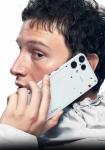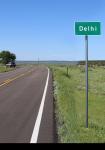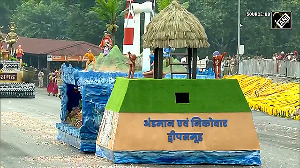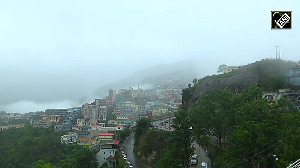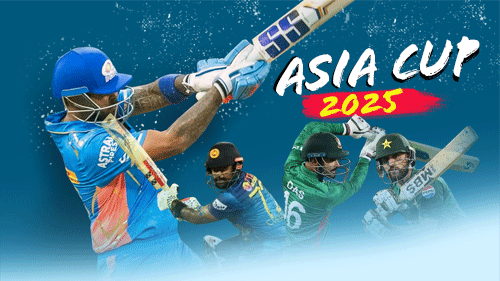At the world under-17 championship, which runs from August 13 to 30, 10 matches including the final will be played on the artificial pitch at Finnish champions HJK Helsinki's Toolo Stadium.
Critics say the fake turf is too unforgiving for professional players, provoking more injuries than grass, but advocates counter that the surface can provide year-round soccer in hostile climates and help cash-strapped clubs.
"Many football pitches, especially during the summer, are closed to youth because they have to maintain the grass for the next season," said FIFA's director of stadiums and security Walter Gagg.
"With artificial grass you can play 365 days a year and there is no lack of quality."
FIFA has allowed regional World Cup qualifiers to be played on synthetic pitches but, until now, not the finals of any of its competitions.
The world governing body said it had no plans to use a synthetic pitch in World Cup finals -- the showcase event is next held in Germany in 2006 -- but the all-weather surface could find its way into other tournaments.
PILOT PROJECT
Some see artificial turf -- a blend of ground rubber, synthetic fibres and sand -- as a way of providing a decent pitch at increasingly closed-in stadiums such as AC Milan's San Siro where growing grass becomes harder in the limited sunlight.
For clubs on tight budgets in Europe's lower divisions, it could open new revenue streams by allowing them to stage other events such as pop concerts on their pitches without fear of damage.
European governing body UEFA is running a pilot project until 2005 allowing several clubs, including Torpedo Moscow and Austria Salzburg, to use artificial pitches for their home games. Based on the trial, UEFA will then decide whether to sanction the pitches for Europe-wide competition.
UEFA's head of competitions Rene Eberle told a conference earlier this year: "Artificial turf products are getting better and better and can eliminate some of the serious problems clubs and associations are facing in terms of natural grass.
"If all our criteria are met and our research over the next two years is positive, I see no reason why we could not have artificial surfaces in the Champions League by 2005-06."
Artificial grass has long been commonplace in American sports stadiums but many were forced to replace synthetic pitches with the real thing for the 1994 World Cup in the United States.
English football clubs Queen's Park Rangers and Luton Town were widely vilified for their use of such surfaces in the 1980s, before the Football League banned them in the early 1990s.
FRICTION BURNS
Common complaints were that the ball bounced unnaturally high and that players suffered frictions burns from sliding on the harsh surface and collected new injuries such as ligament-tearing "turf toe".
Gagg said the product had come on light-years, reducing the risks of such injuries.
The inauguration of HJK's pitch in June drew FIFA heavy hitters such as executive committee member Michel Platini, the former French captain and coach, and vice president Jack Warner.
"I think it is better to play on grass but in many countries...for two to three months fields are closed for new grass to be sown. Young players can't play," Platini said at the time.
But HJK coach Keith Armstrong has reservations about the pitch, saying it lacked the natural moisture and give of grass and was not up to the demands of top-flight football.
"It is guaranteed for eight to 10 years apparently so it is made to be tough, not to give way. If a player makes a mistake, turns or twists in any way, it is his body that has to give way -- an ankle or knee," Armstrong said.
"This is top-class football in Finland and these are athletes who run and turn faster than (average). The surface is probably fantastic for younger and amateur players," he added.
While the debate continues, HJK are having to decamp elsewhere for their Champions League home games as UEFA has yet to sanction their use of the artificial turf for its top competition.


